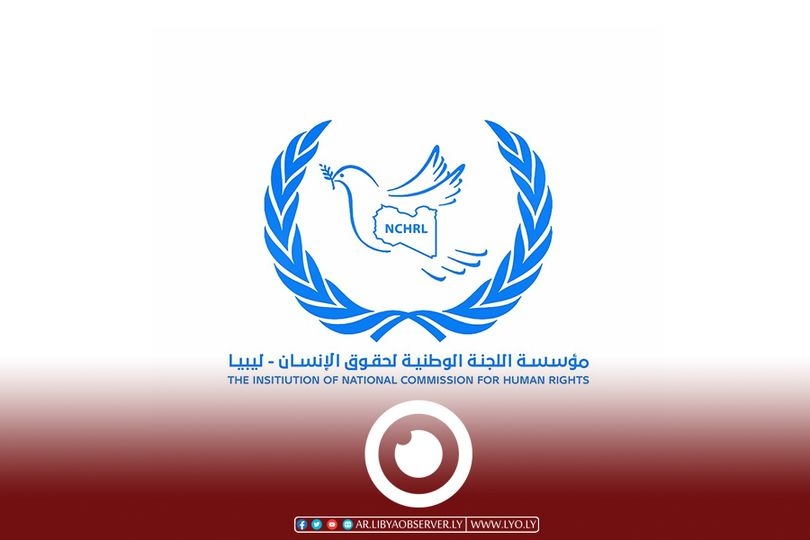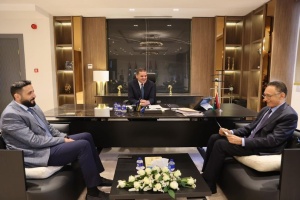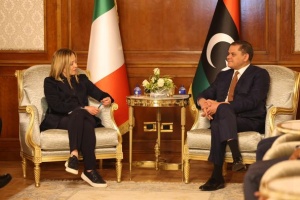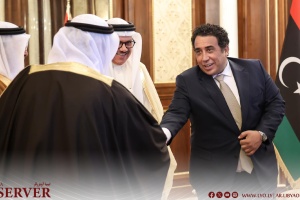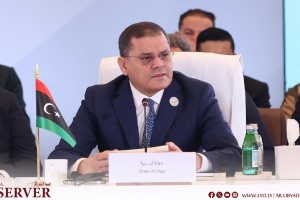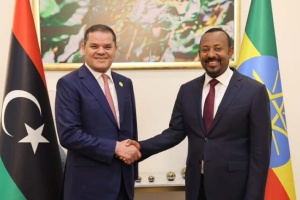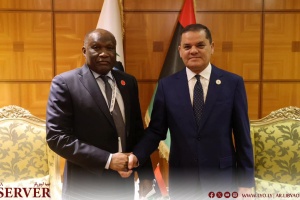The National Committee for Human Rights in Libya (NCHRL) criticized the proposal of the Prime Minister of the Government of National Unity, Abdul Hamid Dbeibah, to lift fuel subsidies under the pretext of stopping the smuggling of fuel abroad.
The NCHRL said in a statement issued on Saturday that Dbeibah's government overlooked the huge spending that belonged to the ruling authorities, and looked away from the need to reform its security agencies, which are full of criminals and people with criminal records, but wanted to blame the citizens for the failure of the authorities to secure and protect the borders and thwart fuel smuggling.
"Dbeibah's proposal came after the spread of fuel smuggling throughout the country over many years, which made it an unresolved problem that drained state funds. Many militias and armed groups worked with the complicity of officials and in partnership with security apparatuses in this profitable trade, which led citizens to refuse to pay the bill for this security problem that reflects the failure of the security sector." The NCHRL said.
It warned that only the poor and middle classes would endure the consequences of the decision to lift fuel subsidies, which could lead to an increase in living expenses for citizens, while the government decreased its obligations toward people.
Dbeibah proposed, during his cabinet meeting in the city of Gharyan on last Thursday, to lift fuel subsidies as part of what he said was his efforts to stop smuggling, after the fuel subsidy bill, according to the Audit Bureau’s data, reached more than 11 billion dollars. Meanwhile, the Department of Studies and Research at the Central Bank of Libya, Naji Issa, said months ago that the fuel smuggling cost was estimated at more than 3 billion dollars, and at a rate that could reach 30% of the value of the total fuel costs.

